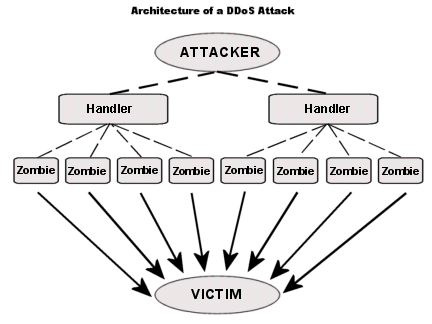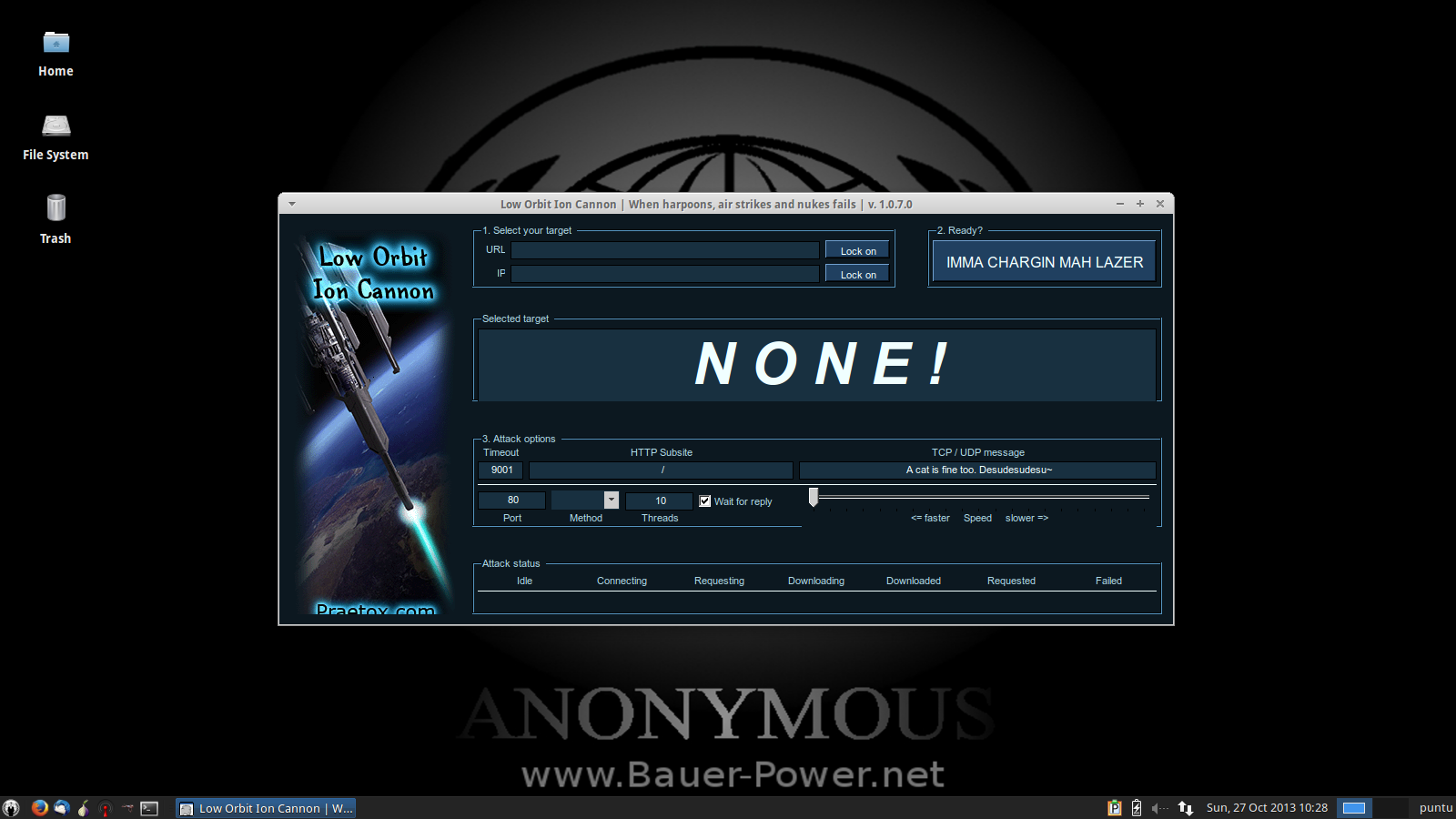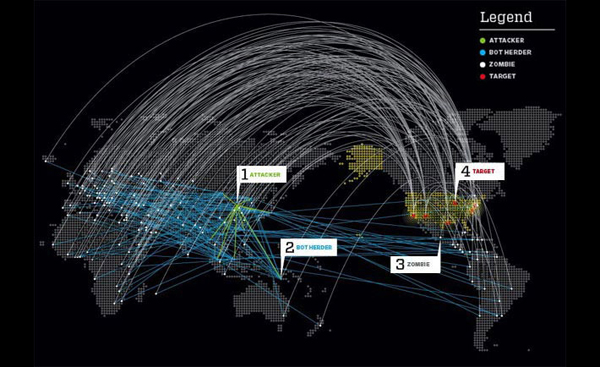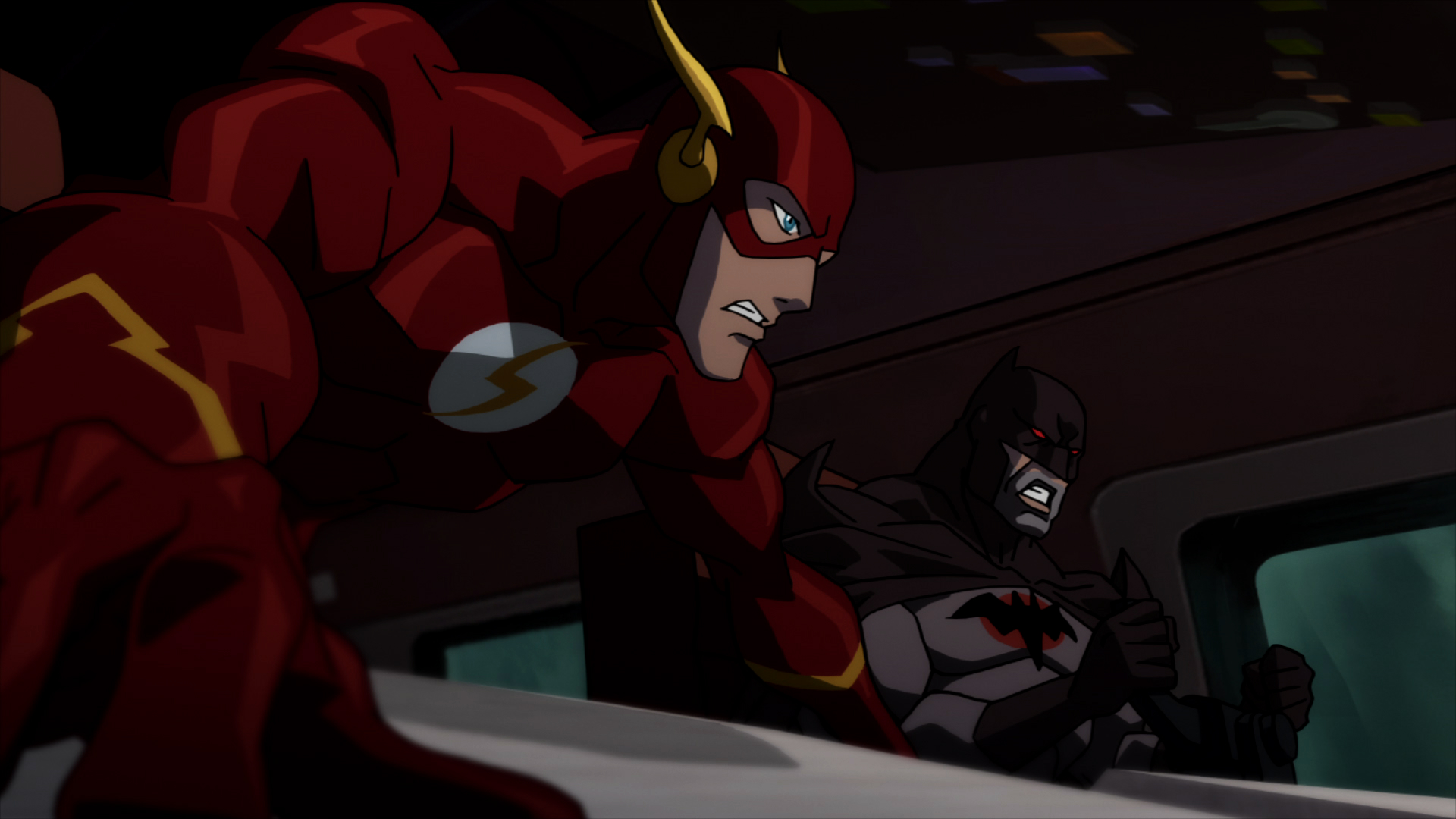Service Denied: The Latest DDoS Attack

Saturday night I had an interesting experience. I was sitting on the couch in my house with a beer in one hand and my Apple iPad in the other and was enjoying a nice quiet evening with a couple of quick Hearthstone matches… when all of a sudden, the game froze and refused to budge. Earlier that evening, while playing World of Warcraft (Yes, I am a bit of a Blizzard fan as of recent… I mean… How can you say “no” to pandas?), I encountered lag in the game that I have seen since around 2007 at the release of the first ever expansion: Burning Crusade. At the time, as late as it was, I just chalked my frustration up to my not so great ISP being “not so great” again. But apparently according to a few other news feeds, a massive DDoS attack was bombarding my oh so lovable online game service. However, Blizzard’s online Battle.net service wasn’t the only one affected.

According to reports by the Daily Dot, Shack News, and Playstation Universe, the DDoS (Distributed Denial of Service) attack also was targeted at Riot’s League of Legends servers, Microsoft’s Xbox Live service, as well as Valve’s DoTA (Defense of the Ancients) 2, and the Playstation Network. It is unclear how bad each company and their online services were affected by the DDoS attack, as most of them have yet to comment on the matter other than stating that they are “down for maintenance” or are “working on reported issues”.
In a way, you can think of a DDoS attack like this. When you hit the “F5” key on your keyboard, that hot key generally tells your browser to “refresh”. That refresh sends a signal to the website to send you all the packets of data that make up the website all over again to give you a nice and fresh page of content.
Now think of a million keyboards mashing down that “F5” key over and over, all handled by computer programs that can spam that key press an infinite amount of times in fractions of seconds. The requests pile up and the servers that host the websites become overloaded and slow down, and in some cases, crash and shut down completely. Several years ago, when the hacker group Anonymous was a group for the good and openness of the internet, and not the selfish perversion of the idea it is now, such attacks used to be called “Low Orbit Ion Cannon Strikes” which was named after a program they used that was originally designed to test server load.

The trick about DDoS, is that once the programs run their course, it’s over and done. Sure, it can be launched again and start the whole slowdown over from the beginning, but generally you just have to wait it out. Unless you’re Amazon. If you are Amazon.com, you can’t really be affected by DDoS. When the aforementioned hacker group tried to slow Amazon’s website after some row about that old news website Wiki-Leaks, all their attack managed to do is kick on Amazon.com’s December holiday traffic load servers out of season.
There is a random Twitter account that is claiming credit for the attacks as well as claiming to be apart of the current radical religious group currently terrorizing parts of the Middle East. But the claims are, as always by small hacker groups, baseless and unverifiable. In a way, it seems, according to their Twitter icon, that they are trying to copy a remarkably talented group that used to call themselves “lulzsec”. Whether or not they are responsible for the DDoS attacks, we won’t really ever know, but that doesn’t stop many reports from making speculations. Due to the lack of good sourced information, we are not going to be naming or referencing directly those that claim to be behind the recent DDoS attacks. If it ever becomes confirmed by reliable sources, that may change.

But for now, these such attacks are simply inconveniences. Lag, black-out and maintenance times, unable to log in, and the like are the only issues that arise from DDoS attacks. There’s no leak of information or password steals, hilarious inside internet jokes, it’s just simple annoyance. And, well, as far as hacking goes, is a kind of a “jerk move”.
[NA – Update] Services appear to be stabilizing. We’ll continue to keep an eye out. Queues should stabilize as more folks log back in.
— BlizzardCS (@BlizzardCS) August 25, 2014
–N00basaurus




